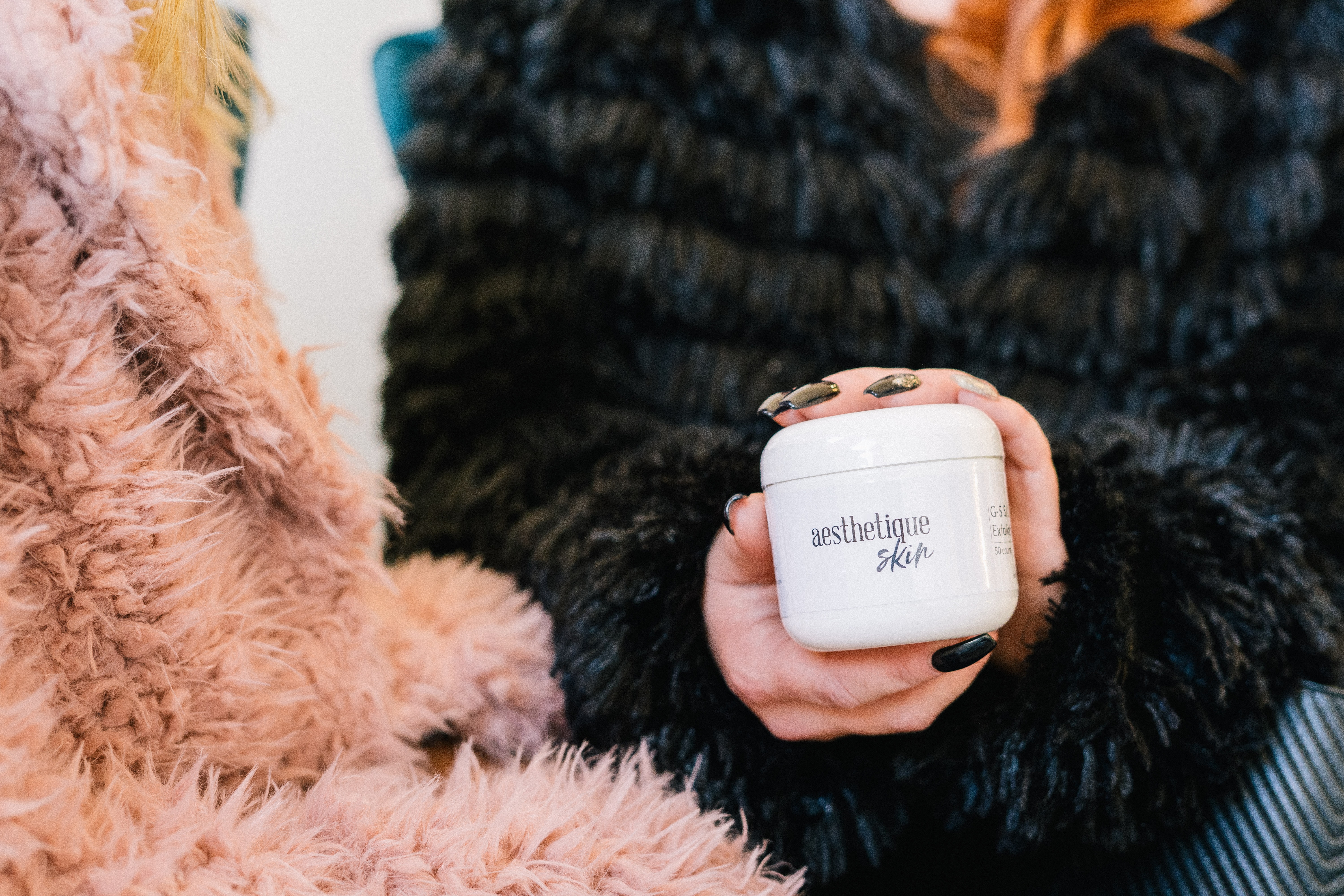
The e-commerce industry generates revenue through conversions. In e-commerce lingo, its turning customer visits on your website to purchases. So, as an e-commerce business owner, you know that it’s not easy to produce conversions, thus, this is where eCommerce product recommendation comes in.
Ecommerce Product recommendation is proposing products to your customers based on the data on their online behavior. This recommendation system is highly popular in many sectors, as well as eCommerce.
The proprietary algorithm recognizes what users might like or not as well as recommend exactly the same product that the user has in mind. In short, a personalized product recommendation can be done while your customer is browsing your website.
Data shows that 77% of consumers chose, recommend, or even pay more for brands that provided personalized shopping experiences.
Here are some e-commerce product recommendation tips that help increase conversions on your website.
Since the power of social media took over society, it has become human nature to find out what is the hottest topic that people are talking about. The same logic of influencing the behavior based on peer choices has been applied here.
An effective way to get your visitors to act on a trend is by building a buzz. Show them real-time that specific products are popular with people. For instance, if you’re a property owner offering a warehouse space for business use, then show the popular properties that retailers on your recently-viewed section.
For instance, retailing titan Amazon uses this technique. In fact, 70% of their homepage contains recommendations. They show customers other customers’ purchasing behavior as well as the interaction that is the data they used to understand what approach to use on their homepage recommendations.
Keep in mind that simply placing recommendations on your site’s homepage is not enough. They should be strategically placed for you to be able to increase conversions.
Capture the interest of your customers regarding emails about the items that they have added to their carts or wishlist but did not check out. These personalized emails are effective because it offers customers the proper message at the right time. These engaging emails with creatives that prompt the personalized deal might lead to conversions.
To the point of its effectiveness, research carried out by BigCommerce found that the average revenue per email is $5.64 compared to only $0.02 for promotional emails.
By suggesting a better model or version of the product the customer is interested in you can increase your average value. It can also be the same product but with added bonuses. Simply put, it’s an upgrade. Upselling also increases your average cart value.
Appeal to a great number of visitors by recommending sale items on your product line via coupons. This will help you sway someone who’s on the fence. The data suggests that 80% of shoppers are more encouraged to buy from a new brand upon finding a new deal.
Compared to products without a review, highly rated products lead to a much higher volume in sales.
This tactic usually utilized by apparel companies is also an effective product recommendation strategy. Increase conversions by suggesting additional or similar products to an already-committed buyer.
Offer special discounts on items that are frequently purchased together.
Make sure that your recommendations are timely as well as relevant, with reviews and return information.
Remind your customers about an upcoming event or holiday through your product recommendations.
There are modern tracking tools that can help you with location-based recommendations. So, advertise your products using the customer’s location in a non-creepy and invasive way.
Recommend products that other customers purchased. This can attract shared interests.
You can also opt to place product recommendations on an error-page. Turn this dealbreaker to a conversion opportunity.
Another simple tactic that can be used to stir interest is product recommendations through emails. When customers check their emails attach a suggestion with it.
Last but not least, is this common but effective tip. Product recommendation engines that use collaborative filtering. In other words, they use a consumers’ search history on an e-commerce website. You can use this to recommend products based on that data.
To sum up, product recommendation is all about strategically placing products. With an optimized website as well as a recommendation engine, never obstruct their shopping experience.